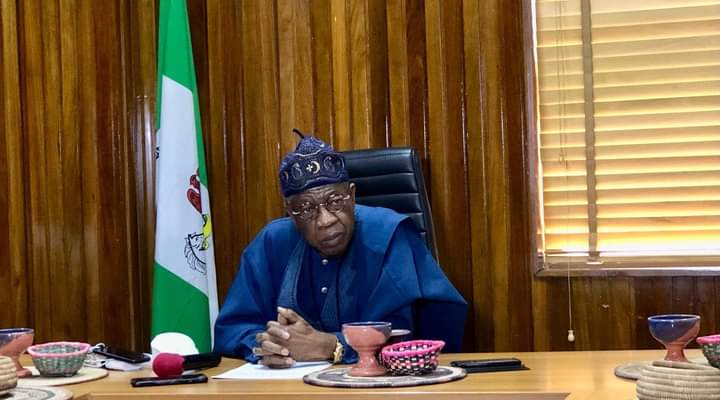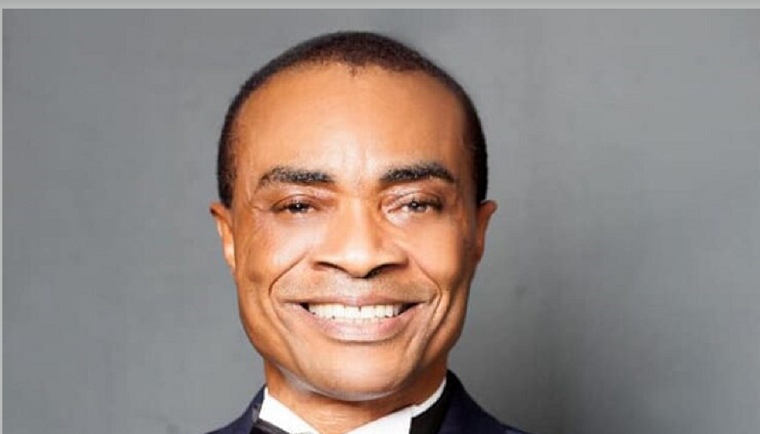Interesting how one can begin to imagine even dare to dream of an entire space within the vast universe driven entirely by technology with value for humanity at the center of all repeat business value deliverables. True that we have narratives around the United States being the biggest economy (at about 22 trillion US dollars) despite its huge amount of corresponding national debt (around 30.29 trillion US dollars, in February 2022). The thought of 30 to 22 on a debt to GDP ratio would almost drive the feeble hearted insane but rather than bulge, Americans maintain their cool, unperturbed as they take a stroll despite what should be against them.
My study was on how the top 20 economies of the world compared with every other country with reference to the Vilfredo Pareto principle in which I found United States, China and Japan atop the list and Switzerland, Turkey and Saudi Arabia at the bottom of the top twenty. All of my findings pointed to just one fact that nothing really is assured, and that just like covid suddenly came unannounced, no country has an assurance of the morrow yet they make plans and projections and do more for their citizens while expanding their economies through a good blend of consumption through value creation and tax utilization to create better work environments. What then is a digital economy or techonomy driven by knowledge and why do countries make plans anyway despite unforeseen challenges? How are the big numbers attained and what really do they translate into when measuring country GDPs?
In addition to the foregoing, looking at the top 6 of the twenty (20) technology companies (in order Apple with 2021 revenue of $274.51 billion, Samsung Electronics – $200.73 billion, Alphabet – $182.52 billion, Foxconn – $181.94 billion employs 1.29 million workers, Microsoft – $143.01 billion, and Huawei – $129.18 billion) in 2022 lets us even see more into what other humans are doing to show their measure of belief and confidence in their country (by generating revenue through value creation while reducing unemployment numbers) despite all odds. A recent occurrence was when in 2020, United States recorded the highest number of covid 19 deaths alongside a higher debt than its current GDP as mentioned earlier, yet it maintains the number one position, unperturbed in the belief of her citizenry in everything it represents. I am a strong believer in the four pertinent requisites for any country to fully engage in the new-found global knowledge economy that I have coined as techonomy. These are:
1. Education and Training: In his fondly book, “the voice of reason”, Chief Obafemi Awolowo mentions – a healthy mind in a healthy body (gleaned from the Latin origin, “mens sana in corpore sano” used widely in sporting and educational contexts) where he zeroed in on the fact that educated people are easier to govern than illiterates hence, his focus on the free education and development of every citizen to at least the secondary education level. An educated and skilled population is very much needed to create, share and make use of knowledge. Every student should be positioned to play in the digital economy (techonomy) by exposing them to at least one of the top five in-demand tech skills in three consecutive years 2020, 2021 and 2022 (i.e. Data Science, Software development, User Interface or Experience Designs, Cyber Security, and Blockchain) alongside their 6-3-3-4,5, or 6 education. The knowledge of any of these skills can help them compete for work-from-home jobs across the world (which drastically ups their available spend and by extension consumption), while ensuring they continue to remain relevant in the techonomy in which we now live.
Advertisement
2. Information Super-Highway: This second requirement consists of physical and non-physical structures (fibre optics, satellite communications, software, platforms and services among others) that supports the information technology space. It fosters an easy to access and dynamic information infrastructure, which ranges from radio(online or offline) to the internet(inclusive of YouTube and other digital content-sharing social media hubs) that are required to facilitate the effective communication, use, dissemination and processing of information. It is important to note here that deliberate effort must be made to have a tailored learning path on the information super-highways already in use that ensures a goal-oriented-end in view from the beginning. The barrage of information available via the internet today can lead to distractions, which weakens the entire learning and slows down the path to professional mastery. More startups need to be part of the development of platforms and services that make up the infrastructure connect, which drives demand and supply within the economy – agriculture and food production, healthcare, real estate, fashion, and hospitality among others. A couple of local companies like Jumia, Konga, Yellowcard, Paystack, Flutterwave, and Kuda among others are working tirelessly to create infrastructures but more are needed to service the predominantly youth, teeming people population.
3. Economic Incentive and Institutional Regime: Here is where the government comes in to regulate rather than relegate. The intention should be to encourage and promote by rewarding startups that align with businesses in such spaces. The regulatory and economic environment must enable the free and unrestricted flow of knowledgethat supports investment in Information and Communications Technology (ICT), and encourages entrepreneurship, which is at the core of the knowledge economy. Regulators must nurture:
a. Openness: encourage easy imports of goods and services from around the world and the ability of citizens to interact freely as buyers and sellers within the international marketplace. Imagine what becomes possible when mammoth e-commerce companies (with structures like Amazon) are nurtured to connect and serve an African population of over 1.3 billion people through best tech and business practices – we have work on our table.
b. Supporting business environment: A pleasant business environment focuses on the creation, and operation of an enterprise easily in the absenceof unnecessary regulatory rules that become barriers even lead to death ofthe free conduct of entrepreneurial activities. This in particular informs why I support the Nigerian Startup Bill (NSB) geared to drastically grow the techonomy of Nigeria by touching on the 5 core business nurture areas inclusive of Funding, Legal, Accounting, Marketing and Execution that has been coined into the FLAME model.
c. Suitable investment environment: An investment-friendly environmentallows capital to flow to its best use point where it is most needed and the returns are greatest, while the government and entrepreneurs play an important role in the creation ofsuch an investment-friendly environment. This ensures that both the investor and the people seeking capital in the value-creation process can connect easily.
Moreover, it important to note that countries which allow several thriving businesses, create great economies while solving many problems in the process; and serious governments must support entrepreneurial ventures through policies and practices that reward entrepreneurs for towing such highly know-how demanding paths.
Advertisement
4. Innovation Systems: The last of the four requirements of a knowledge economy (techonomy) became obvious during my trip to Israel for an Agric tour. It revealed that the state of Israel does not joke with a vibrant network of research centers, tertiary institutions, think tanks, private enterprises and community groups (kibbutzim). All of these help the country tap into and interact with the growing stock of global knowledge, while it continues to assimilate and adapt to local needs in order to create new knowledge. This continuous spiral upwards of new knowledge creation drives great economies at the core. The attention to good record keeping is an amazing Israeli culture that we must imbibe to allow for continuous improvement within the knowledge space.
As a recap, from a standpoint of openness, we need to promote a culture that support businesses, investments and innovation if we must continuously grow and layer-up within the techonomy.
On another note, at a very basic level, I realized during another visit to Istanbul, Turkey (for the Apimondia Conference in 2017) that the Turkish Lira or any other currency is only a measure of the citizenry’s belief or confidence in their country’s economy, nothing more – every time I presented a dollar or euro, they always offered me the lira. We must do better as citizens for our Naira to make same stronger (that is all we have) as our attitude towards it, reveals how much we are ready to do to see goodness circulated within our space and how much we are willing to commit to see the much desired change that we all clamor for. How much do you and I love the Naira, and what are we willing to commit or sacrifice to see it get stronger starting from today? – Yes every productive or non-productive activity affects our currency.
I conclude with a power-laden thought that was gleaned out of a book I recently read title, The One Thing by Gary Keller. He posited a thought, “IF THIS, THEN WHAT?” – IFTTW. If all we have is this Nigeria, then what can we do to make it into what we clearly want it to be? How can we redirect its resources towards National wealth creation that enriches everyone? What should we do differently as individuals, corporations and government to see a more desirable future, starting now? We have all heard about the American dream. What if I told us someone like you and me created same for the United States and that the original concept of the American Dream was coined by writer and historian James Truslow Adams in his best-selling 1931 book Epic of America, where he described it as “that dream of a land in which life should be better and richer and fuller for everyone, with opportunity for each according to ability or achievement.“, and I dare say that nothing stops us from appropriating same for ourselves in Nigeria and adapting such ethos as the Nigerian dream – this is a good place to start as we really don’t need to reinvent the wheel that works.
Advertisement
I am open to conversations that further on the foregoing thoughts while thankingyou for your investment in time. Yours in tech, Olufemi Ariyo. Email:[email protected]






